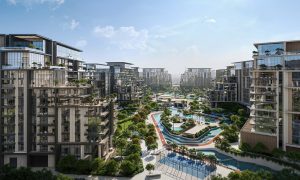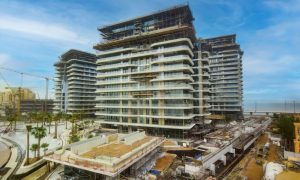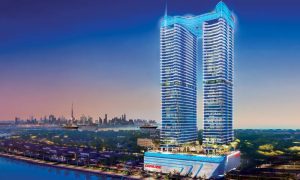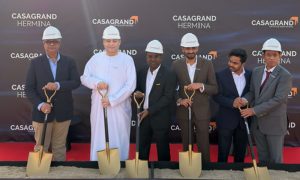Dubai property market slowdown a ‘positive trend’, say experts
Market correction is due to tighter regulation and not the oil-price slump, claim consultants and developers
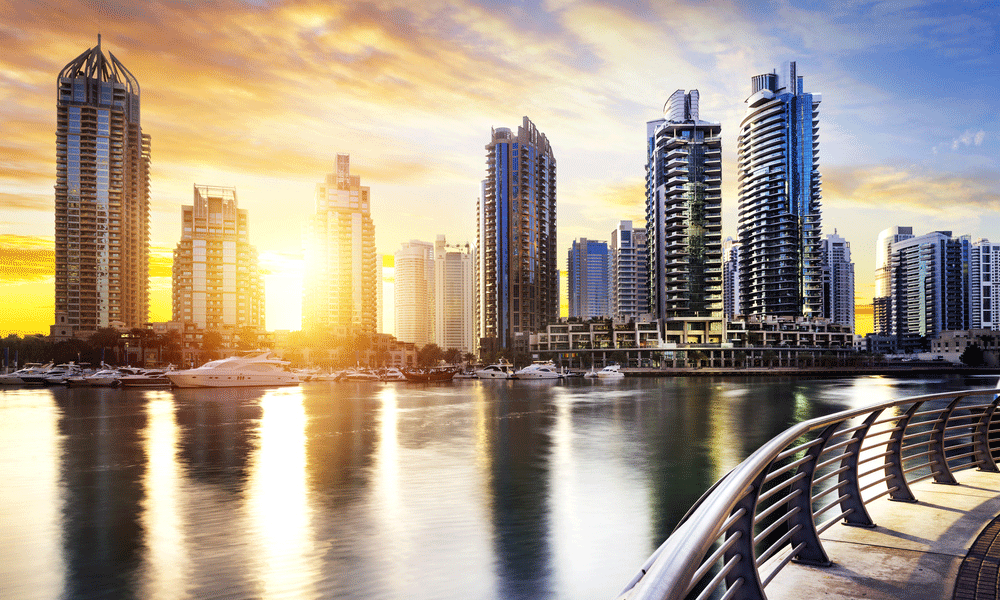
The slowdown in Dubai’s real estate sector in recent months is a “positive trend” stemming from stricter regulations, not the oil-price slump, industry experts say.
According to Nicholas Maclean, managing director of consultancy CBRE Middle East, the decline in property sales over the past three quarters is a healthy sign that can be attributed to tougher regulation.
“Dubai residential property sales have declined over the past three quarters, but the drop in oil prices is coincidental and the slowdown is more due to big price increases in 2013 – the market is adjusting to return to affordable levels,” Maclean told Reuters. “This is a positive trend and will help prevent a bigger correction in the future.”
In a bid to avoid a repetition of the real estate crisis of 2008, the government has stepped up regulations in the sector. Last year, Dubai doubled property registration fees and the UAE federal government raised the minimum mortgage deposits, which appears to have dampened demand.
“The government was right to act to curb speculation. It’s just that these measures have now coincided with a weakening global economy,” said Faisal Durrani, head of research at property consultants Cluttons, also quoted by Reuters.
A report by local consultancy ValuStrat found that residential prices in Dubai saw an 11% annual decline in the second quarter of 2015, compared to the same period last year. Prices are expected to continue to decelerate over the remainder of 2015, ValuStrat said in a statement.
On average, asking rents for apartments decreased by 2% in the second quarter compared to the same period last year, while villa rents were down 3%.
More regulation required
This correction in Dubai’s real estate sector, however, is a healthy sign and the government needs to regulate the market more strictly, a developer based in the emirate said.
Dubai should be tougher on private developers to filter out the less reliable ones in the market, said Raj Sahni, chairman of RSG International, the firm behind Qasr Sabah, an AED450 million ($122.5m) residential project in the International Media Production Zone (IMPZ).
“Dubai got a bad name because some private developers never finished projects on time,” Sahni said at a media roundtable. In the years leading up to and during the crash, several developers took large sums of money for projects that were never delivered or took several years to complete, he pointed out.
“People should not talk, they should build. I would say the Dubai Land Department (DLD) should make it tighter for private developers so it cleans up the mess and brings stronger, more genuine developers,” he told reporters.
“For example, to do off-plan selling, there’s a law by DLD that you should have the land fully paid for and you should put 20% of the construction amount in an escrow account. I would say it should be 40%. They should also make strict rules so that you should finish on time or in six months, maximum.”
